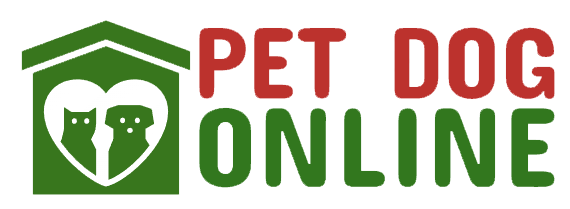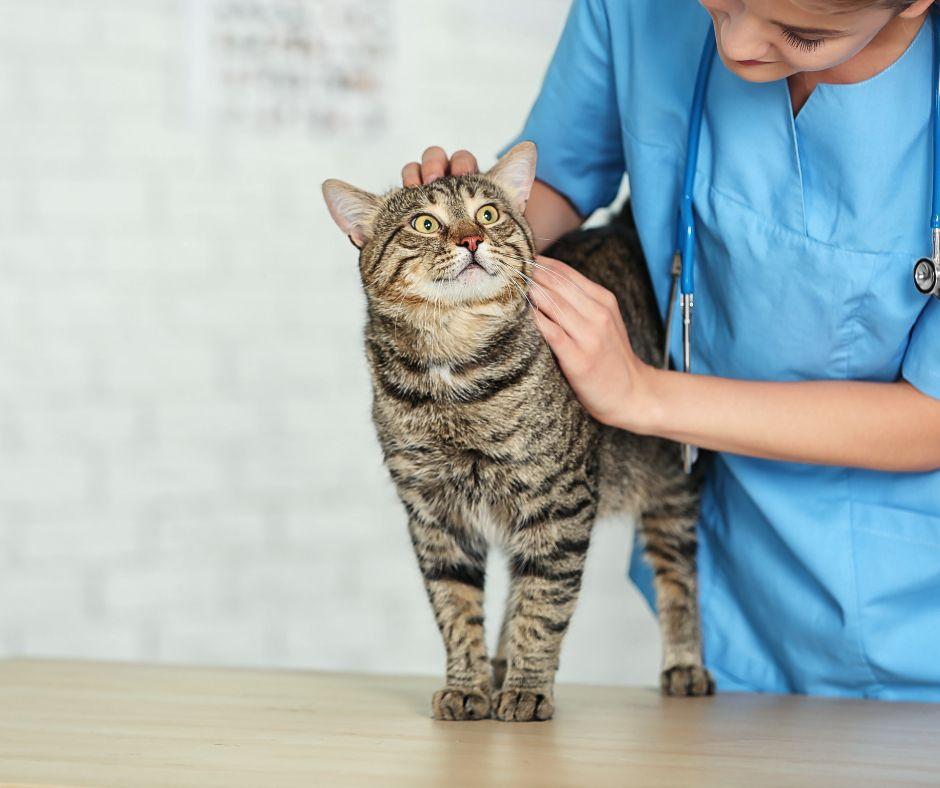
Revolutionizing Pet Care: Advances in Cancer Treatment
Revolutionizing Pet Care: Advances in cancer Treatment
In the heart of our homes, pets hold a cherished place, offering companionship, love, and unwavering loyalty. But as the bond between humans and animals deepens,so to does the unfortunate reality that our furry friends can face serious health challenges,including cancer. Yet,in the face of this daunting diagnosis,hope emerges from remarkable advances in veterinary medicine. This article explores how cutting-edge research, innovative treatments, and evolving technology are transforming cancer care for pets. from targeted therapies that harness the power of genetics to groundbreaking surgical techniques, the landscape of veterinary oncology is undergoing a transformation. Join us as we delve into the strides being made in pet cancer treatment, illuminating the path toward healthier, longer lives for our beloved companions.
Table of Contents
- Emerging Therapies Transforming Pet Cancer Diagnosis
- Understanding Advances in Precision Medicine for Pets
- Integrative Approaches: Enhancing Quality of Life in Ailing Pets
- Guidelines for Pet Owners: Navigating Treatment Options with confidence
- To Conclude
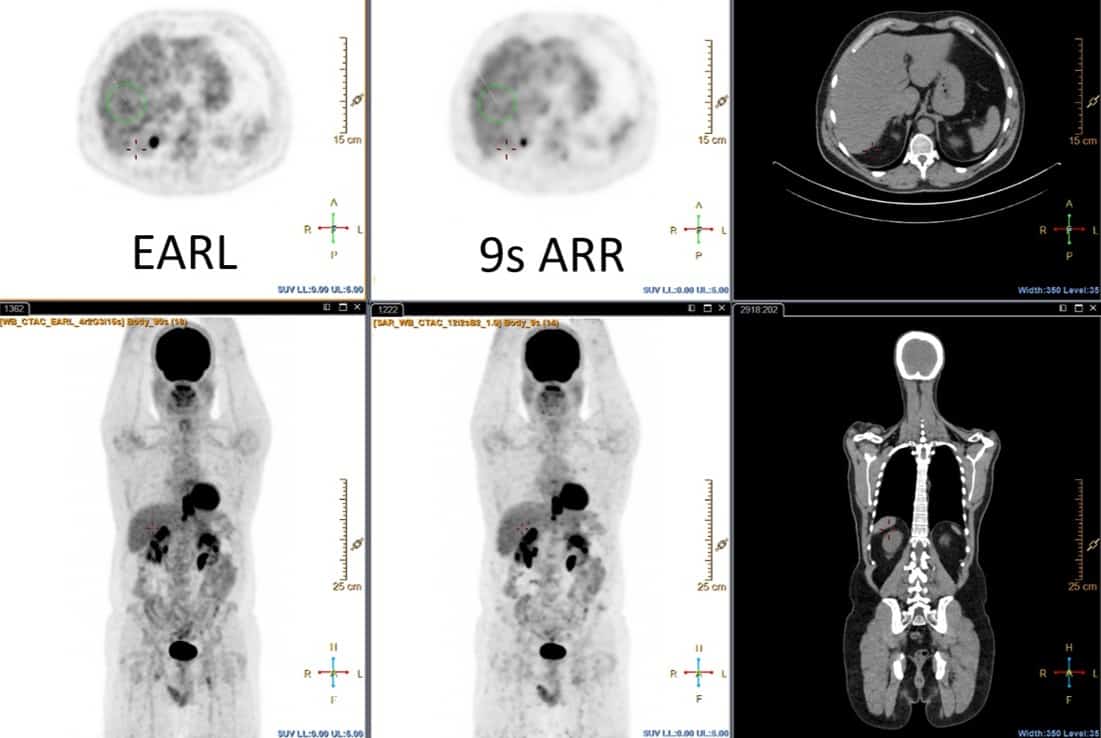
Emerging Therapies Transforming Pet Cancer Diagnosis
As veterinary medicine continues to evolve, new diagnostic techniques are paving the way for earlier and more accurate detection of cancer in pets. Liquid biopsy is one of these transformative methods,allowing veterinarians to analyze a simple blood sample for cancer cell DNA,considerably simplifying the diagnosis process. additionally, advancements in imaging technologies, such as MRI and CT scans, provide clearer and more detailed pictures of tumors, enabling a more precise determination of their size and location. This early detection not only improves treatment outcomes but also enhances the quality of life for our furry companions.
Moreover, artificial intelligence (AI) is making strides in pet oncology by analyzing large datasets to identify cancer patterns that might be overlooked by traditional methods. machine learning algorithms assist in interpreting diagnostic images, making the identification of malignancies faster and more reliable. The integration of genomic testing further supports personalized treatment plans, enabling vets to tailor therapies based on the unique genetic makeup of each pet’s cancer.These innovations collectively represent a meaningful leap forward in the fight against cancer in our beloved animals.
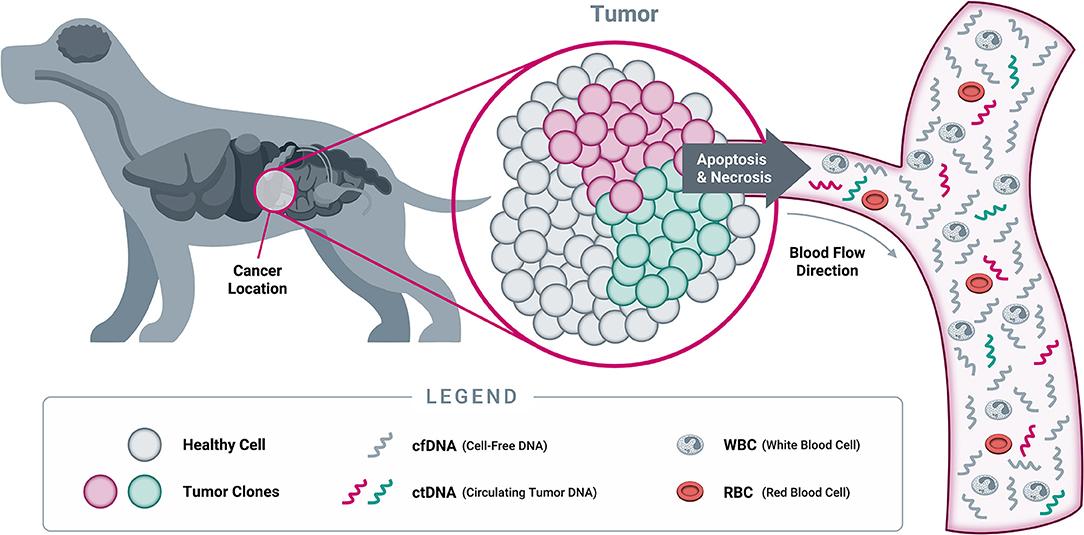
Understanding Advances in Precision Medicine for Pets
Advancements in precision medicine have paved a new path for the treatment of cancer in our beloved pets. This innovative approach tailors therapies based on the individual genetic makeup of the animal, leading to more effective treatments with fewer side effects. By utilizing technologies such as genomics and biomarkers, veterinarians can offer personalized care that goes beyond traditional methods. Some key breakthroughs include:
- Genetic Testing: Identifying specific mutations that drive cancer growth.
- Targeted Therapies: Focusing on the precise alterations within cancer cells for more effective intervention.
- Immunotherapy: Harnessing the pet’s own immune system to fight cancer.
This expanded understanding of cancer at the molecular level has led to the progress of tailored therapies that not only address the tumor but also the unique biology of the pet. Furthermore, data-driven approaches allow for better predictions regarding treatment outcomes and potential side effects, making it easier for pet owners and veterinarians alike to navigate the complexities of cancer care. Below is a simple overview of the most commonly used precision medicine techniques:
| Technique | Description |
|---|---|
| Genetic Profiling | Analyzes genetic mutations in tumors to guide treatment choices. |
| monoclonal Antibodies | Target specific proteins on cancer cells, marking them for destruction. |
| CRISPR Technology | Allows for precise editing of genes associated with cancer growth. |

Integrative Approaches: Enhancing Quality of Life in Ailing Pets
As pet owners increasingly seek ways to improve their ailing companions’ quality of life,integrative approaches are taking center stage. These methods combine conventional veterinary care with holistic therapies to create a comprehensive treatment plan that addresses not just the physical symptoms of illness, but also emotional and psychological well-being.This can include a blend of modalities such as:
- acupuncture – enhancing pain relief and promoting healing
- Nutritional therapy – tailoring diets to boost immune function and energy levels
- Herbal remedies – utilizing natural substances to support health
- Massage therapy – alleviating discomfort and reducing stress
Each of these techniques contributes to a synergistic effect, allowing treatments to work together more effectively. As a notable example, a pet undergoing chemotherapy may benefit significantly from acupuncture, which can definitely help alleviate side effects such as nausea or pain. Additionally, creating a soothing environment can enhance recovery; simple practices like playing calming music or incorporating aromatherapy can work wonders for an anxious pet. Together, these strategies aim to foster a holistic lifestyle that goes beyond treating disease, promoting overall vitality and happiness during challenging times.
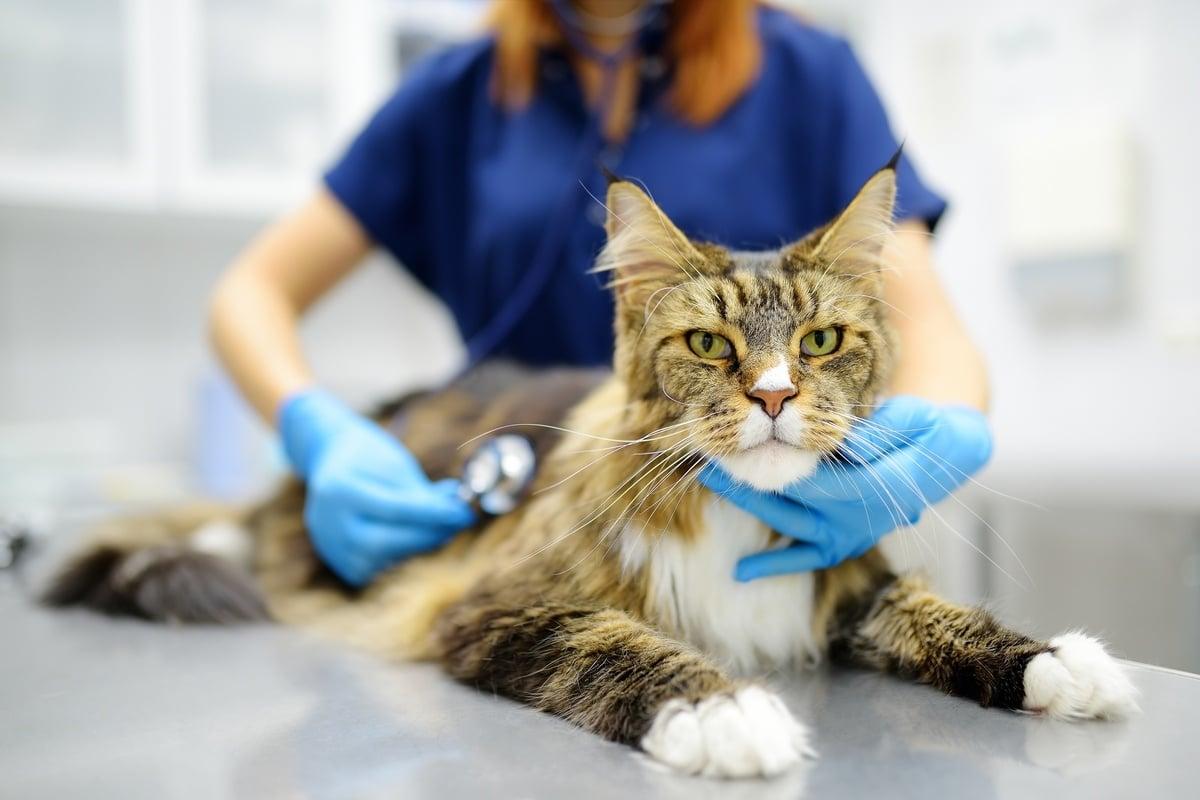
Guidelines for Pet Owners: Navigating Treatment Options with Confidence
As a dedicated pet owner, navigating the myriad of treatment options for your furry companions can feel overwhelming, especially when faced with serious illnesses like cancer. understanding the types of therapies available is crucial for making informed decisions that align with your pet’s specific needs. Consider the following treatment avenues:
- surgery: Frequently enough used to remove localized tumors and can be a curative option.
- Radiation Therapy: Targets cancer cells with precision, minimizing damage to surrounding tissues.
- Chemotherapy: Utilizes drugs to combat cancer, tailored specifically for each case.
- Immunotherapy: Leverages the pet’s immune system to fight cancer more effectively.
- Supportive Care: Focuses on maintaining quality of life through pain management and nutritional support.
Before proceeding with any treatment, it is essential to consult with veterinary oncologists who can guide you through each option’s benefits and side effects. Creating a treatment plan can also entail considering your pet’s overall health, age, and specific cancer type. Regular updates and follow-ups with your veterinarian will help to tailor the approach as your pet’s needs evolve. for clarity,here’s a simple comparison of treatment effectiveness:
| treatment Option | Typical Effectiveness | Common Side Effects |
|---|---|---|
| Surgery | High for localized tumors | Risk of infection,pain |
| Radiation | Moderate to High | Skin irritation,fatigue |
| Chemotherapy | Varies widely | nausea,hair loss |
| Immunotherapy | Promising in many cases | Potential immune reactions |
| Supportive Care | Essential for quality of life | Minimal side effects |
to Conclude
In the ever-evolving landscape of veterinary medicine,the strides made in cancer treatment for pets stand as a testament to our unwavering commitment to the health and well-being of our furry companions. As we navigate this revolutionary terrain,the fusion of cutting-edge technology,innovative research,and compassionate care promises a future were cancer can be met with hope and resilience.
The advancements discussed highlight not only the scientific breakthroughs but also the profound bond we share with our pets—a bond that drives us to seek the best possible outcomes for them. As we embrace these innovations, it is crucial to remain informed and engaged, supporting our veterinarians and specialists in harnessing these developments to ensure that our beloved pets receive the care they deserve.
In this new era of pet care, we stand on the cusp of possibilities once thought unattainable. Through continued research, collaboration, and advocacy, we can transform the narrative of pet cancer from one of despair to one of empowerment. Together, let us champion the cause of our four-legged friends, paving the way for a future where every wagging tail and gentle purr is celebrated in good health. The journey is just beginning, and the path ahead is filled with promise.


